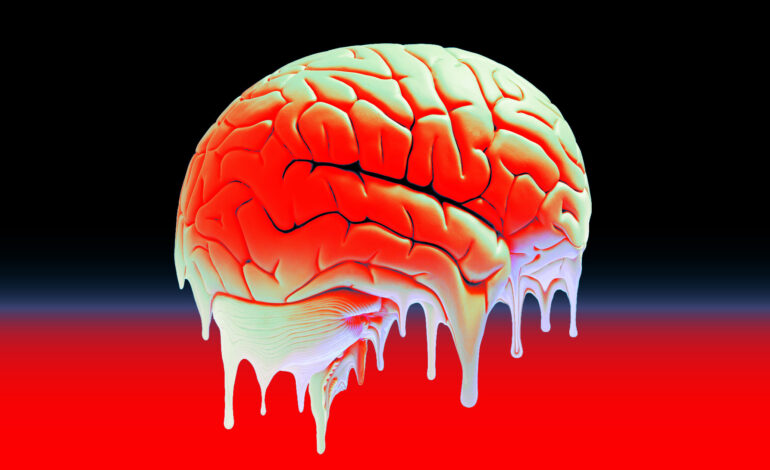Wikipedia’s “Brain Rot” Page Faces Vandalism Protection Until 2026

The Wikipedia page for “brain rot” has been placed under protection until January 2026 due to extensive vandalism. This decision comes after a series of disruptive edits that have rendered the page a target for humorous yet inappropriate content. According to Wikipedia’s guidelines, the term “brain rot” refers to the “negative cognitive, emotional, and/or behavioral consequences” of consuming low-quality content.
The vandalism on the “brain rot” page has included references to popular culture phenomena such as Skibidi Toilet, alongside political figures like Donald Trump. One particularly notable edit from February 2025 replaced the content with the phrase “Goofy ahh brainrot” repeated 96 times, demonstrating the extent of the disruptions. Other edits have included proclamations like “ALL HAIL THE SKÎBÎDÎ TOÎLÊT” and an alarming warning that “BRAIN ROT WILL DESTROY THIS NEXT GENERATION.”
In August 2025, Wikipedia editors classified the page as “semi-protected,” preventing alterations by unregistered users or accounts that are not verified. This measure aims to safeguard the integrity of the page until January 2026, highlighting the ongoing challenges that Wikipedia faces with user-generated content.
Since its inception in 2001, Wikipedia has been susceptible to vandalism. While some edits are clever or humorous, many serve no constructive purpose and can undermine the platform’s credibility. Fortunately, the community of Wikipedia volunteers is known for its swift response to digital vandalism. For instance, in 2021, over 53,000 pages were quickly restored after being defaced with hateful symbols.
Despite the challenges, Wikipedia’s resilience in maintaining the quality of its content remains strong. The ongoing situation with the “brain rot” page serves as a reminder of the platform’s dual nature as a valuable resource and a playground for internet mischief.
With the protection measures currently in place, it is expected that the “brain rot” page will eventually return to a more informative state, reflecting the importance of accurate knowledge-sharing in an era dominated by trivial content.






